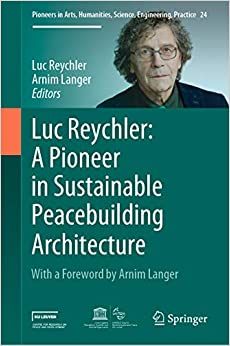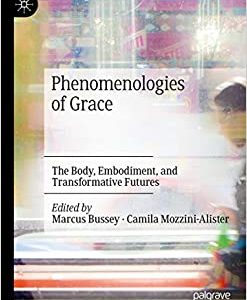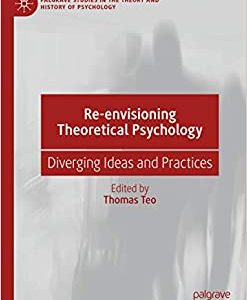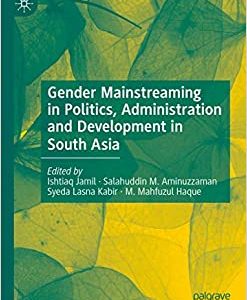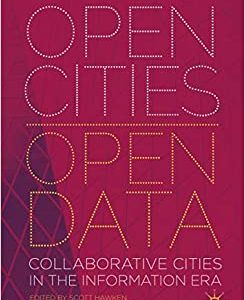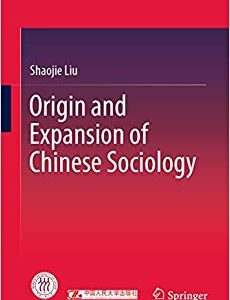This book provides a unique personal perspective on the field of peace research. It not only highlights Luc Reychler’s significant contributions to the theory and praxis of sustainable peacebuilding, but also offers important reflections on the evolution of peace research as an independent discipline. The central concept of this book – and of Reychler’s academic career, for that matter – is sustainable peacebuilding architecture. Reychler introduced this concept in order to draw attention to the architectural principles and considerations that have to be addressed in sustainable peacebuilding processes. Reychler’s work on sustainable peacebuilding architecture has been groundbreaking and has not lost any of its relevance in the twenty-first century. By bringing together Reychler’s seminal texts on sustainable peacebuilding architecture, the current book aims to offer academics, students and policymakers an essential guide to understanding, studying and applying this crucial concept.
• Provides a unique personal view of the development of peace research• Lists the necessary building blocks for sustainable peacebuilding• Offers tools for monitoring and evaluating interventions• Discusses the scientific nature and often provocative findings of peace research • Discusses ten lessons learned and the future (Peace Research III)
• Provides a unique personal view of the development of peace research• Lists the necessary building blocks for sustainable peacebuilding• Offers tools for monitoring and evaluating interventions• Discusses the scientific nature and often provocative findings of peace research • Discusses ten lessons learned and the future (Peace Research III)
Product details
- File Size: 23135 KB
- Print Length: 375 pages
- Publisher: Springer; 1 edition (May 7, 2020)
- Publication Date: May 7, 2020
- Language: English
- ASIN: B088D8WCZL
- Text-to-Speech:
Enabled

- Word Wise: Enabled
- Lending: Not Enabled

